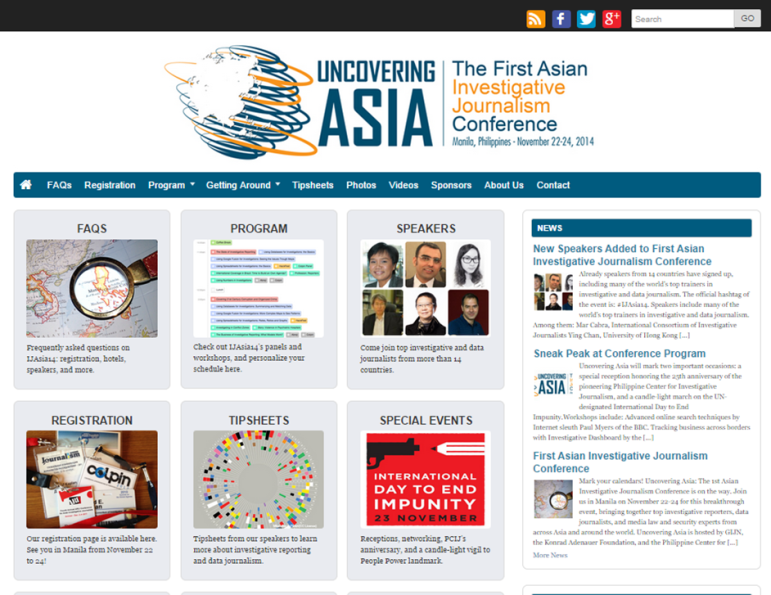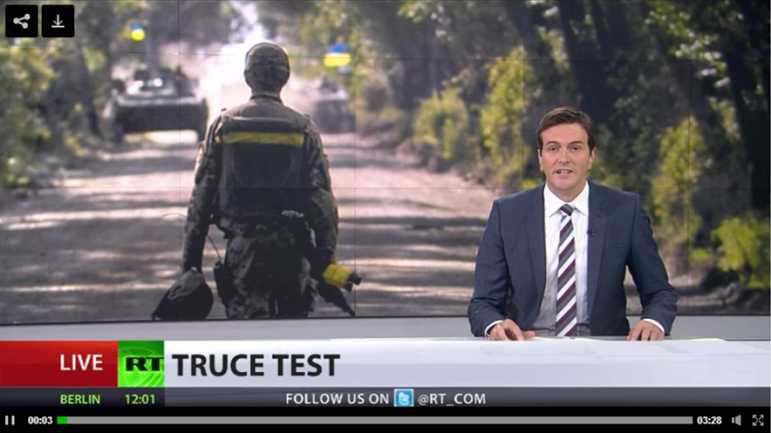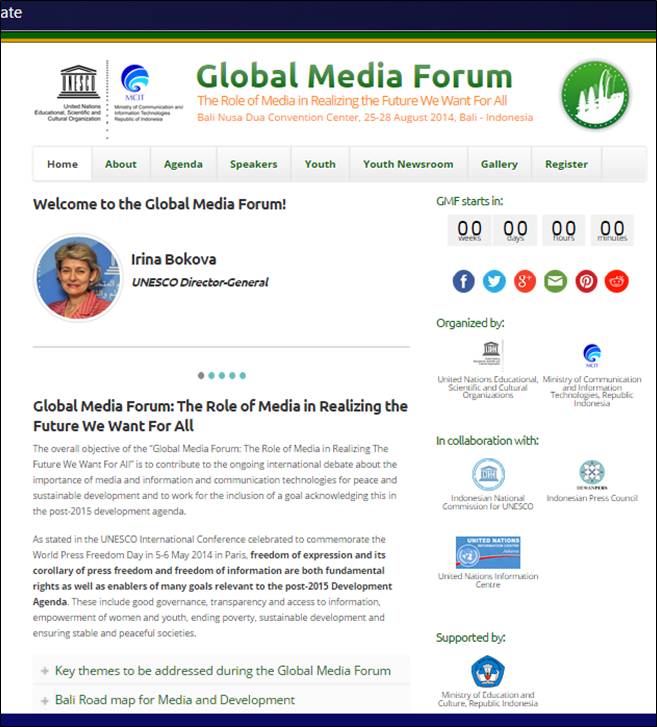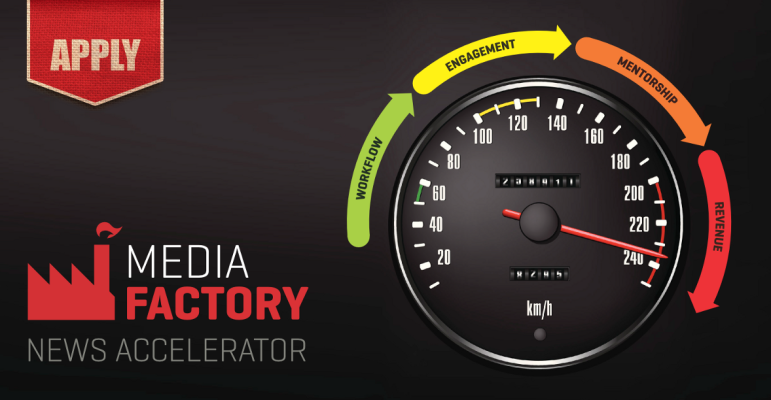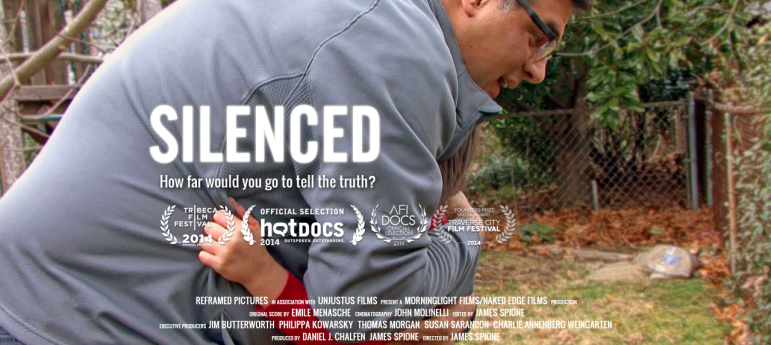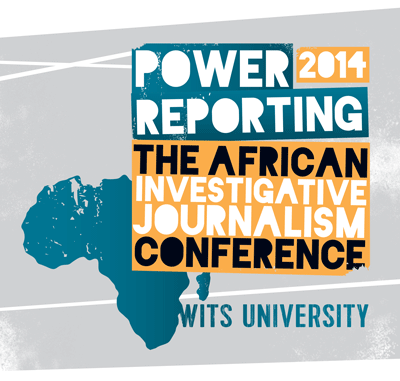
News & Analysis
“Power Reporting” – Africa’s Investigative Journalism Conference
Africa’s premier investigative journalism, Power Reporting, returns to Johannesburg, South Africa, this November 3-5. The annual event is organized by the Journalism Programme of the University of the Witwatersrand (Wits University), a GIJN member. The three-day conference is an opportunity to learn new skills, hear about the top investigative stories and share experience on investigative techniques, data journalism, and more.

